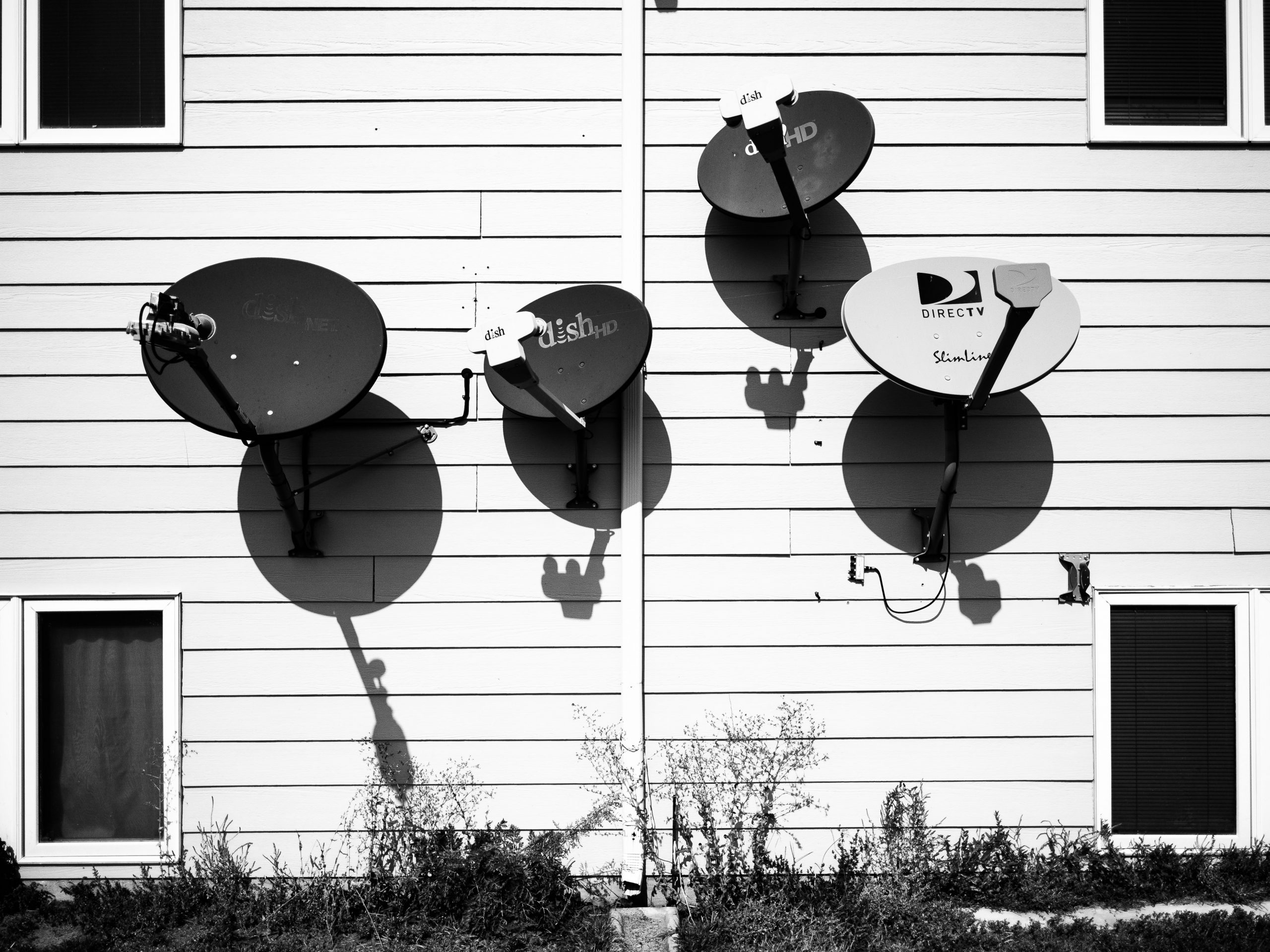
Prioritize Funding for High-Speed Internet Connectivity that Rural Communities Can Afford to Adopt
Summary
Access to high-speed internet is essential for all Americans to participate in society and the economy. The American Jobs Plan (AJP) proposal to build high-speed broadband infrastructure to achieve 100% high-speed internet coverage is critical for reaching unserved and underserved communities. Yet widespread access to high-speed broadband infrastructure is insufficient. Widespread adoption is required for individuals and communities to realize the benefits of being online. Federal programs that have recently funded new broadband infrastructure—namely the Federal Communications Commission (FCC) Connecting America Fund Phase II (CAF II) and Rural Digital Opportunity Fund (RDOF) reverse auctions—have not adequately tied the input of broadband infrastructure funding to the desired outcome of broadband adoption. Consequently, funding has gone to internet service providers (ISPs) that offer expensive internet service that communities are unlikely to adopt. To use the AJP’s broadband infrastructure funds most effectively, the Biden-Harris Administration should prioritize affordability in funding allocation and ensure that all recipients of federal subsidies, grants, or loans meet requirements for affordable service. Doing so will support widespread internet adoption and contribute to the AJP’s stated aims of reducing the price of internet service, holding ISPs accountable, and saving taxpayers money.
A supply-side tax credit (STC) could offer a tax incentive to material suppliers and professional service consultants that provide goods or services to affordable housing projects.
The Department of Housing and Urban Development (HUD), Department of Commerce, and Department of Transportation should jointly develop and manage a data resource—a Housing Production Dashboard—to track housing production within and across states.
Exempting affordable housing from volume caps would address the underlying issue and have the greatest impact in this housing emergency.
The U.S. should establish a national housing loss rate to stand alongside the national unemployment rate as a key indicator of social and economic well-being.